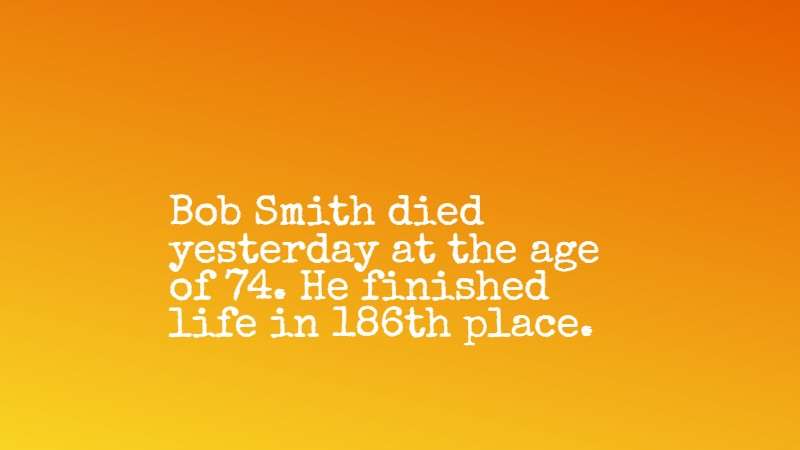Never underestimate the power of jealousy and the power of envy to destroy. Never underestimate that.
Oliver Stone
About the Author
Oliver Stone is an American film director, screenwriter, and producer born on September 15, 1946. He’s known for his controversial films that often examine political and cultural issues, particularly those related to the late 20th century. Stone won Academy Awards for directing “Platoon” (1986) and “Born on the Fourth of July” (1989), both dealing with the Vietnam War, where he himself served as an infantry soldier.
The quote about jealousy and envy comes from interviews Stone gave while promoting his film “Wall Street” (1987). This movie stars Michael Douglas as Gordon Gekko, a ruthless corporate raider whose famous “greed is good” speech became a cultural touchstone. Stone has spoken about how the film examines the destructive forces of greed, jealousy, and envy in American business culture.
Stone’s personal experiences infuse his work with authenticity. After dropping out of Yale, he taught English in Vietnam, then joined the U.S. Army and requested combat duty. He was wounded twice and received multiple medals, including the Bronze Star. His war experiences deeply influenced films like “Platoon,” which drew directly from his time in Vietnam.
Throughout his career, Stone has courted controversy with films addressing assassination theories (“JFK”), media sensationalism (“Natural Born Killers”), and presidential legacies (“Nixon,” “W.”). He’s also created documentaries featuring interviews with figures like Fidel Castro and Vladimir Putin. His willingness to challenge mainstream narratives has made him both celebrated and criticized throughout his five-decade career.
The Meaning of the Quote
This quote warns us about two powerful emotions that can destroy relationships, careers, and lives. Stone points to jealousy and envy as destructive forces we often fail to recognize until they’ve already done significant damage.
Jealousy stems from fear of losing something we have, while envy grows from wanting what others possess. Both emotions blind us to our own blessings and turn us against others. They start small but grow silently, poisoning thoughts and actions before we notice.
A business mentor once told me about watching jealousy ruin a promising startup. “Two co-founders built something amazing together,” she said. “Then one began to resent media attention the other received. What started as minor irritation grew into sabotage. The company collapsed not from market forces but from internal destruction.”
Stone’s insight offers practical guidance:
Monitor your reactions to others’ success. When you feel that twinge of discomfort at someone’s good news, name it. Simply acknowledging “I’m feeling envious right now” creates distance between you and the emotion.
Practice genuine congratulations. Train yourself to immediately say something positive when hearing of others’ achievements. This habit rewires your emotional responses over time.
Build gratitude habits. Daily listing of your own advantages and blessings directly counters envy’s message that you lack what matters.
A friend applied this approach when passed over for promotion. “My first instinct was to hate the guy who got it,” he told me. “Instead, I wrote down five things I genuinely liked about my job and three qualities I respected in him. This kept jealousy from taking root and turning me bitter.”
The quote also reminds us to watch for these emotions in groups. Team environments, family businesses, and creative collaborations all risk damage from jealousy and envy. Leaders who ignore these undercurrents often watch bewildered as cohesive teams fall apart.
For parents, this wisdom guides how we handle sibling relationships. By avoiding comparisons between children and celebrating each child’s unique path, we protect against the growth of destructive envy.
A theater director shared how she applies Stone’s insight: “I watch for early signs of jealousy among cast members. When someone seems resentful of another’s role or attention, I find ways to highlight their unique contributions. This heads off problems before they grow.”
The simple repetition in Stone’s quote (“never underestimate”) hammers home its urgency. These emotions don’t announce themselves loudly; they work subtly. Their destructive capacity comes partly from how easily we dismiss or justify them until it’s too late.



Deixe comentários sobre isso